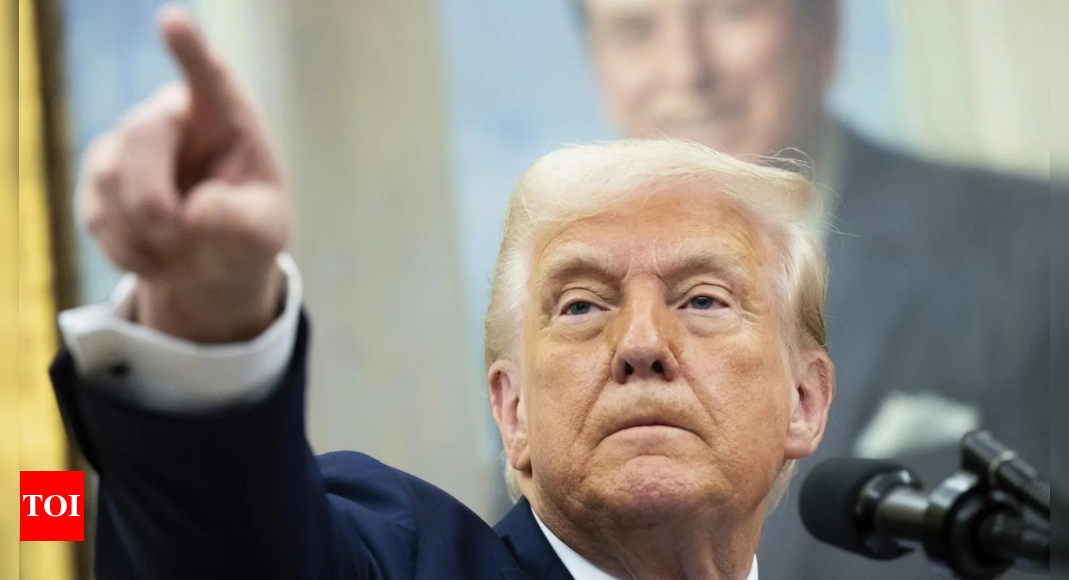Trump’s ‘Liberation Day’ for Tariffs: What It Means for Businesses and Economy
Anticipating Trump’s New Tariffs
US President Donald Trump has proclaimed this Wednesday as “Liberation Day,” signaling the announcement of new tariffs intended to lessen America’s dependence on foreign goods. The potential effects on American families, businesses, and the world economy could be substantial.
What Do Trump’s New Tariffs Entail?
Trump intends to levy import taxes, including “reciprocal” tariffs that correspond to rates imposed by other countries and account for subsidies. Countries likely to be affected include the European Union, South Korea, Brazil, and India. Trump stated, “This is the start of Liberation Day in America. We’re going to charge countries for doing business here and taking our jobs, our wealth, and much more.”
Trump’s tariffs may encompass a variety of products, such as:
- Automobiles: A 25% tax on foreign cars, potentially increasing US auto sales.
- Pharmaceuticals, Copper, and Lumber: Proposed tariffs targeting specific industries.
- Oil from Venezuela: A 25% tariff, despite US imports of Venezuelan oil.
- China: An additional 20% tax due to fentanyl production concerns.
- Canada and Mexico: Separate tariffs aimed at curbing drug smuggling and illegal immigration.
Implications for the US Economy
Many economists caution that these tariffs might harm the US economy:
- Higher prices: Consumers may encounter increased costs for cars, groceries, housing, and other goods.
- Sluggish growth: Corporate profits could decrease, hindering economic expansion.
- Job market strain: While Trump suggests tariffs will generate jobs, job losses in industries dependent on global supply chains may occur.
Global Responses: Allies and Adversaries Resist
- Canada: Prime Minister Mark Carney criticized the tariffs, describing them as a “rupture” in US-Canada relations.
- France: President Emmanuel Macron criticized the tariffs, warning they would disrupt global value chains and cause inflation.
- Mexico: President Claudia Sheinbaum has adopted a more restrained approach, focusing on safeguarding jobs.
- China: The government denounced the tariffs, emphasizing that “there are no winners in trade wars.”
Why Label it “Liberation Day”?
For Trump, tariffs serve not only as economic tools but also as symbols of America’s fight for sovereignty and prosperity. However, critics argue that the repercussions of this “Liberation Day” will likely involve economic instability, higher consumer costs, and tense international relations.



